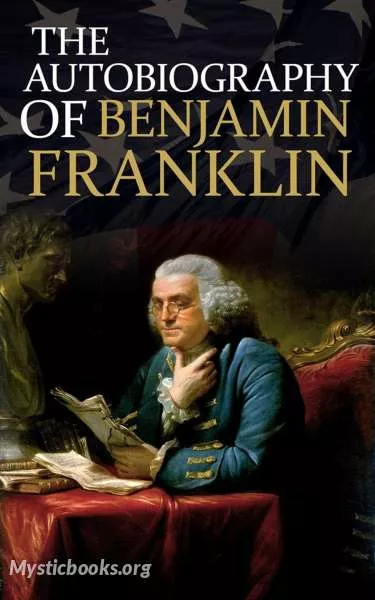
The Autobiography of Benjamin Franklin
'The Autobiography of Benjamin Franklin' Summary
Part One of the Autobiography is addressed to Franklin's son William, at that time (1771) Royal Governor of New Jersey. While in England at the estate of the Bishop of St Asaph in Twyford, Franklin, now 65 years old, begins by saying that it may be agreeable to his son to know some of the incidents of his father's life; so with a week's uninterrupted leisure, he is beginning to write them down for William. He starts with some anecdotes of his grandfather, uncles, father and mother. He deals with his childhood, fondness for reading, and service as an apprentice to his brother James Franklin, a Boston printer and publisher of the New-England Courant. After improving his writing skills through study of the Spectator by Joseph Addison and Sir Richard Steele, he writes an anonymous paper and slips it under the door of the printing house by night. Not knowing its author, James and his friends praise the paper and it is published in the Courant, which encourages Ben to produce more essays (the "Silence Dogood" essays), which are also published. When Ben reveals his authorship, James is angered, thinking the recognition of his papers will make Ben too vain. James and Ben have frequent disputes, and Ben seeks a way to escape from working under James.
Eventually James gets in trouble with the colonial assembly, which jails him for a short time and then forbids him to continue publishing his paper. James and his friends come up with the stratagem that the Courant should hereafter be published under the name of Benjamin Franklin, although James will still actually be in control. James signs a discharge of Ben's apprenticeship papers but writes up new private indenture papers for Ben to sign which will secure Ben's service for the remainder of the agreed time. But when a fresh disagreement arises between the brothers, Ben chooses to leave James, correctly judging that James will not dare to produce the secret indenture papers. ("It was not fair in me to take this Advantage", Franklin comments, "and this I therefore reckon one of the first Errata of my life".) James does, however, make it impossible for Ben to get work anywhere else in Boston. Sneaking onto a ship without his father or brother's knowledge, Ben heads for New York City, but the printer William Bradford is unable to employ him; however, he tells Ben that his son Andrew, a Philadelphia printer, may be able to use him since one of his son's principal employees had just died.
By the time Ben reaches Philadelphia, Andrew Bradford has already replaced his employee but refers Ben to Samuel Keimer, another printer in the city, who is able to give him work. The Governor, Sir William Keith, takes notice of Franklin and offers to set him up in business for himself. On Keith's recommendation, Franklin goes to London for printing supplies, but when he arrives, he finds that Keith has not written the promised letter of recommendation for him, and that "no one who knew him had the smallest Dependence on him". Franklin finds work in London until an opportunity arises of returning to Philadelphia as an assistant to Thomas Denham, a Quaker merchant; but when Denham takes ill and dies, he returns to manage Keimer's shop. Keimer soon comes to feel that Franklin's wages are too high and provokes a quarrel which causes the latter to quit. At this point a fellow employee, Hugh Meredith, suggests that Franklin and he set up a partnership to start a printing shop of their own; this is subsidized by funds from Meredith's father, though most of the work is done by Franklin as Meredith is not much of a press worker and is given to drinking.
Book Details
Language
EnglishOriginal Language
American EnglishPublished In
1791Authors
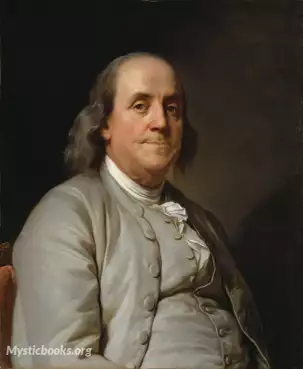
Benjamin Franklin
United States
Franklin earned the title of "The First American" for his early and indefatigable campaigning for colonial unity, initially as an author and spokesman in London for several colonies. As the first Unit...
Books by Benjamin FranklinDownload eBooks
Listen/Download Audiobook
Related books
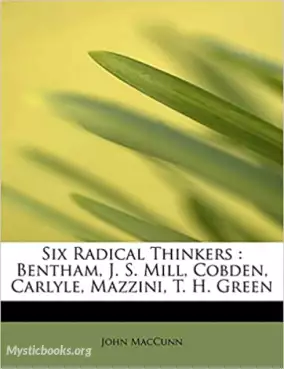
Six Radical Thinkers: Bentham, J.S. Mill, Cobden, Carlyle, Mazzini, T.H. Green by John MacCunn
A radical is a person who holds extreme or unconventional convictions and who advocates fundamental political, economic, or social reforms. In this vo...

Confessions, Volume 4 by Jean-Jacques Rousseau
The Confessions is an autobiographical book by Jean-Jacques Rousseau. In modern times, it is often published with the title The Confessions of Jean-Ja...
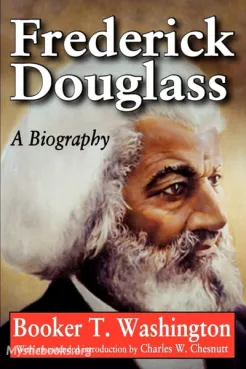
Frederick Douglass by Booker T. Washington
"Frederick Douglass and Booker T. Washington," a riveting exploration of two remarkable African American leaders, immerses readers into a critical era...
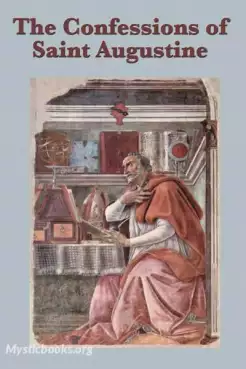
Confessions of St. Augustine by Saint Augustine of Hippo
Confessions is an autobiographical work by Saint Augustine of Hippo, consisting of 13 books written in Latin between AD 397 and 400. The work outlines...

The Relations of Saint Teresa of Avila by St. Teresa of Avila
Teresa of Ávila also called Saint Teresa of Jesus, was a Spanish noblewoman who was called to convent life in the Catholic Church. A Carmelite nun, pr...
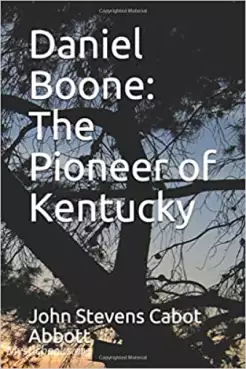
Daniel Boone, the pioneer of Kentucky by John Stevens Cabot Abbott
This is a detailed biography of the life and adventures of Daniel Boone. His accomplishments are brushed over in history classes these days and not gi...

The Life of St. Benedict by Pope Gregory I
This delve into the extraordinary journey of one of the most influential figures in Christian history. Step into a world of devotion, miracles, and sp...
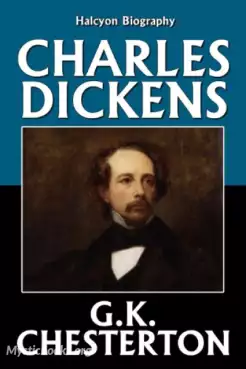
Charles Dickens by Gilbert K. Chesterton
Charles John Huffam Dickens was an English writer and social critic. He created some of the world's best-known fictional characters and is regarded by...
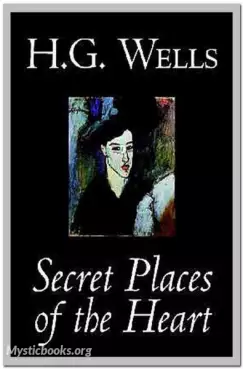
The Secret Places of the Heart by H. G. Wells
The book is to a great extent autobiographical. H. G. had read some brilliantly composed articles by a writer who wrote under the name Rebecca West. I...

Wonderful Adventures of Mrs. Seacole in Many Lands by Mary Jane Seacole
I should have thought that no preface would have been required to introduce Mrs. Seacole to the British public, or to recommend a book which must, fro...
Reviews for The Autobiography of Benjamin Franklin
No reviews posted or approved, yet...